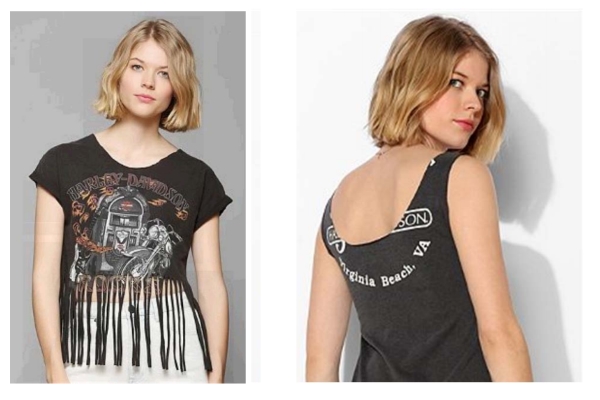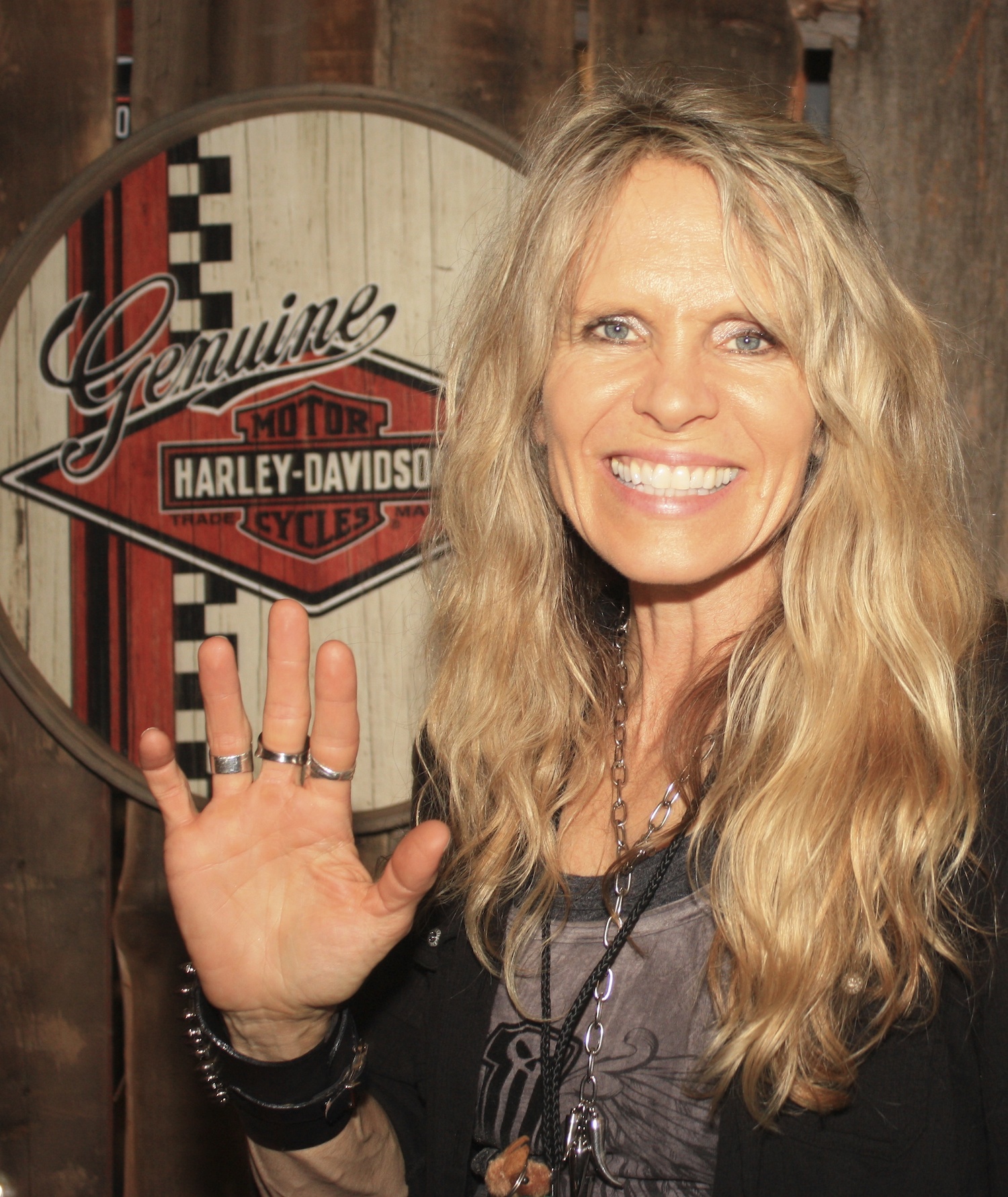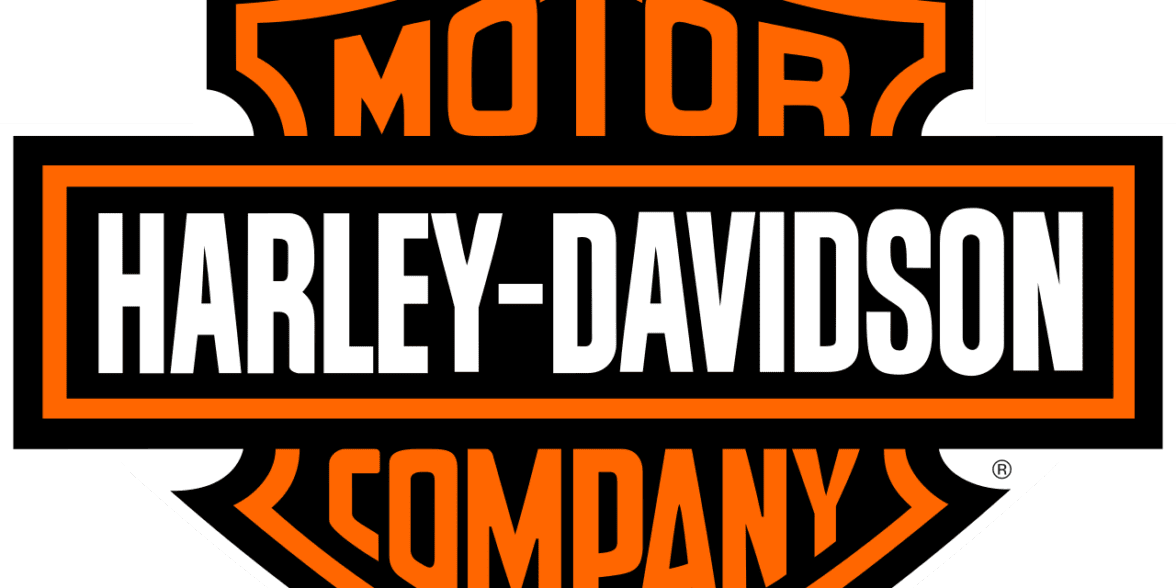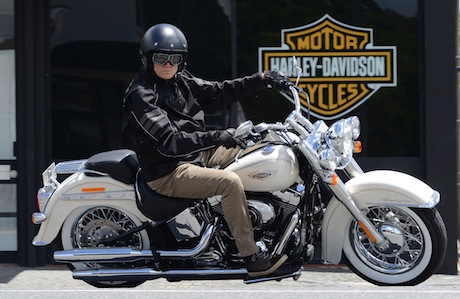Harley-Davidson has the Chinese in its targets for its latest litigation of companies ripping off their trademark on fake products, including motorcycle parts.
And why shouldn’t they? The bar-and-shield logo, bald eagle and are among the world’s most recognised logos. As such, they are worth millions to the iconic American company.
In the late 1990s, the company even tried to trademark their distinctive “potato-potato” exhaust noise, but failed in US courts.
Harley has a 40-year history of suing small and large companies for unlawfully using their brand.
Now the Milwaukee company is suing a group of Chinese online counterfeiters for allegedly selling unauthorised products such as motorcycle parts, jewellery, apparel and other products.
We can understand people buying fake t-shirts, but motorcycle parts? That’s more than just a bit dangerous!
World Intellectual Property Review says the suit filed in the US District Court ion Illinois names the defendants as “interrelated groups of counterfeiters”.
The suit says:
Defendants facilitate sales by designing the defendant internet stores so that they appear to unknowing consumers to be authorized online retailers, outlet stores, or wholesalers. The unauthorized use of the Harley-Davidson trademark is likely to cause and has caused confusion, mistake and deception among consumers and is irreparably harming Harley-Davidson.”
Harley is seeking the domain names of the companies, profits derived from sales, $2 million for “each and every use of the ‘Harley-Davidson’ trademarks, plus legal fees.
Not many companies are brave enough to take on the C hi see who are notorious as ripoff merchants of popular and luxury brands.
But while others, such as Honda and german auto manufacturers have failed, Harley has succeeded.
Just three months ago, Harley sued another Chinese internet store, collecting all money paid into the company’s PayPal account.
Harley is certainly not shy of taking on the big guys!
Harley has twice suedAmerican fashion giant Urban Outfitters for using genuine Harley products and altering them to create new products and designs, such as cutting off sleeves and shredding portions of the product.

They also took on international fashion company Forever 21 for allegedly selling jackets with a rip-off of their bar-and-shield logo and online retailer Gear Launch and associated companies for unlawful use of their logo.
But they also sometimes target the little guys.
Earlier this year, Harley had several small stall holders shut down at an American motorcycle rally for selling unauthorised products, showing it also seeks out the little guy.
There are so many rip-off Harley products in the world, Harley retains a group of lawyers who actively search for and prosecute offenders.
Most rip-offs exist online and eBay even has a page devoted to helping customers identify rip-off Harley products.
It advises customers that genuine Harley products carry a product number or official Harley-Davidson tags, product numbers and, if new, come in original Harley-Davidson packaging.

Harley-Davidson creative director and granddaughter of one of the company founders, Karen Davidson, says the logo is integral in their range of fashion and merchandise products.
She says Harley was probably the first motorcycle brand to offer branded bike clothing, starting in 1912 and adding a line of women’s riding jodhpurs in the ’20s.
In 1989, Harley created the Motorclothes division for apparel and accessories.



